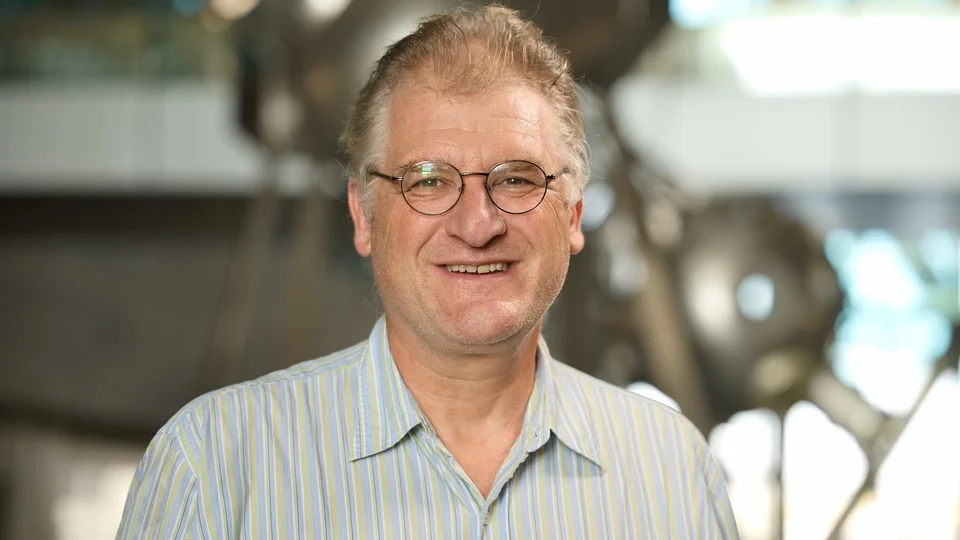
Lyapunov equations that go beyond Lyapunov equations for system stability and performance
Lyapunov's stability theory, which was formulated around 1892, presents itself as a watershed event in the study of dynamical systems.
Overview
Abstract
Lyapunov's stability theory, which was formulated around 1892, presents itself as a watershed event in the study of dynamical systems. The advent of fast computers since the 1980s has transformed Lyapunov's theoretical work into a set of very practical tools for qualitative and quantitative dynamical system analysis. Building upon elementary Lyapunov stability theory for linear systems, a new set of results and computational procedures is presented that uses non-quadratic Lyapunov functions for better "pointwise-in-time" performance analyses, with or without the presence of uncertainties. Perhaps the more surprising aspect of the work is how these non-quadratic Lyapunov functions derive naturally from quadratic Lyapunov functions for linear systems of higher order. Experimental aerospace applications will be used to illustrate the work.
Brief Biography
Eric Feron has been a professor since 1993, first at MIT until 2005, then at Georgia Tech until 2019, and then at KAUST within the Robotics, Intelligent Systems, and Controls (RISC) Laboratory. Feron's interests are with the analysis and design of Aerospace and Robotic systems, with an emphasis on safety issues. Feron's work leverages Computer Science, Operations Research, and Control Theory, three fields he occasionally contributes to. Feron's research also heavily relies on his exposure to and operation of aircraft, small and large boats, submarines, cars, bicycles, skis, skateboards, and rollerblades. His work can be best seen at www.feron.org/Eric
